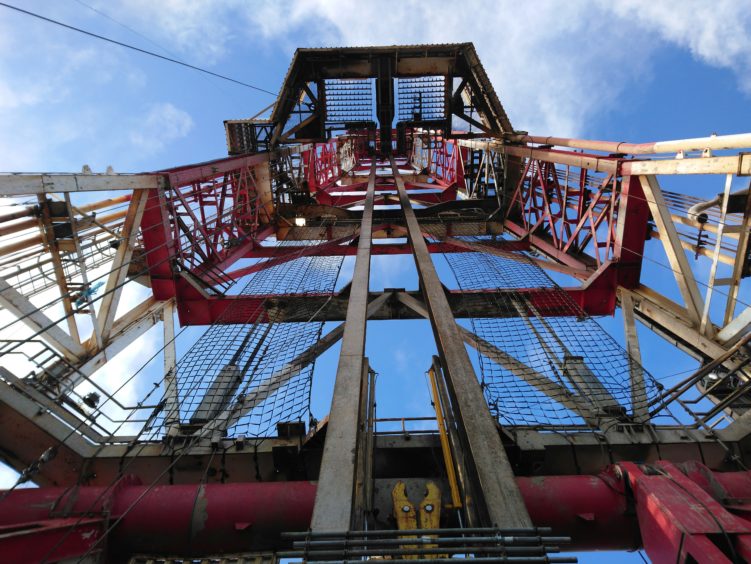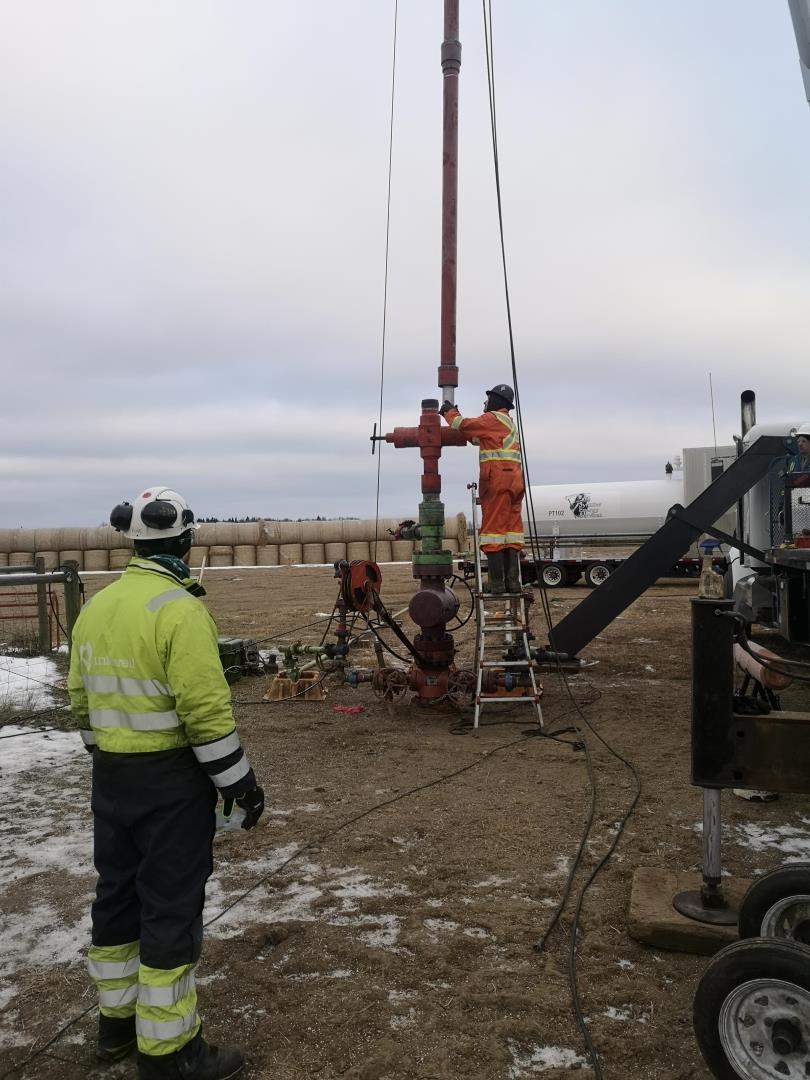
A collaborative model for trialing new technologies has been deemed a success by a trio of major operators, as the sector races to drive down the costs of well decommissioning.
Designed by the Net Zero Technology Centre (NZTC), the new collaborative model was launched last year, and aimed at accelerating the pace at which plug and abandonment (P&A) technology is qualified and commercialised.
Backed by Spirit Energy, Repsol and Harbour Energy, the blueprint allows new solutions to be trialled and tested in multi-operator collaborative field trials.
With the support of the Technology Leadership Board (TLB), Oil and Gas Authority (OGA) and OGUK, it’s hoped the model will enable faster, lower-cost and wider industry adoption of new solutions.
The steering group now aims to review up to five technologies per year, with a minimum of three field trials for each. Its long-term ambition is to have six technologies qualified and adopted by 2025.
This is particularly important in well P&A, which remains the most expensive component of the decommissioning process, accounting for around 50% of total decommissioning expenditure.
It comes as the sector nears the Oil and Gas Authority’s (OGA) target to slash overall decommissioning costs by 35% by next year.
A successful pilot of the collaboration process took place in 2021, in which well engineering services firm Interwell qualified its patented thermite barrier P&A system in Alberta, Canada, with support from several Canadian operators.
Mike Richardson, Wells TA at Spirit Energy, hailed the significance of these trials in fine-tuning the collaboration process: “The success of the recent RockSolid™ field trials marked a step change in P&A technology development, and started a new era for rigless P&A. The field trials also proved the international collaboration and innovative funding concept for carrying out ‘bulk’ field trials.
“A significant amount of work has been invested in improving the initiative and, ultimately, the success will rely on the greater participation by the UKCS operators. I’m optimistic that this marks a new era for collaboration within our industry.”
‘No sense in silos’
Harbour Energy VP for wells, Gerry Cooper, explained more about the rationale of joining the forum: “It does not make economic sense for us (or other operators) to work in silos,” he noted.
“With the collaboration forum, we get far more data for the money we would spend if we continued to work alone. That means we can develop technologies much faster and cheaper and bring them into our toolbox sooner which should reduce our P&A spend and our longer-term decommissioning liabilities.”
A number of letters of interest have been received from both UK and international operators, and NZTC is now keen to involve new participants in its upcoming trials.
The NZTC’s Keith Hogg added: “We are keen to secure more industry partners that have a proactive attitude and a willingness to collaborate and share information. The success of the Interwell field trial is testament to the commitment of our industry partners and their belief in this new approach.
“We need to replicate this to ensure successful field trials in the future to build a stronger portfolio of technologies that will be critical to driving P&A efficiencies.”
“It is clear that we all need to work together to accelerate the change needed to save the planet for future generations. The oil and gas industry has a fundamental role to play as we transition to a net zero energy future – and I believe collaboration is the key.”
Recommended for you

 © Supplied by NZTC
© Supplied by NZTC